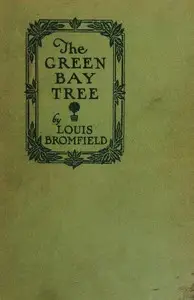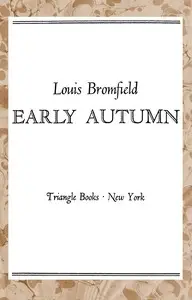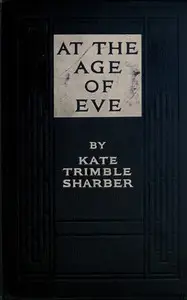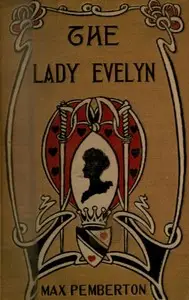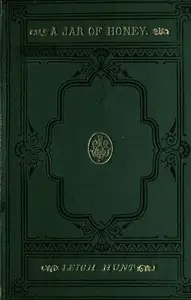"A Good Woman" by Louis Bromfield is a novel written in the early 20th century. The story explores the life of Emma Downes, a resilient single mother who has built a successful bakery after her husband's departure. Filled with determination, she strives to raise her son, Philip, to embody the virtues she holds dear, while confronting the complexities of his identity and the shadow of his father's legacy. The opening of the novel introduces Emma returning home from a meeting of the Woman’s Christian Temperance Union, where she discovers a letter from her son, Philip. Initially proud of his missionary work in Africa, Emma is soon shaken by his abrupt decision to abandon this calling. The letter ignites a wave of concern for Philip’s future and the potential influence of his father’s character on him. As she reflects on her past choices and the burden of raising her son alone, Emma grapples with a mix of pride and anxiety regarding Philip's life choices, setting up the central conflict of the narrative. (This is an automatically generated summary.)

A good woman
By Louis Bromfield
"The last of a series of four novels ... The book was planned, without being in any sense of sequel, as part of a picture which includes three other sections--'The green bay tree' [#73944], 'Possession' [#73188] and 'Early autumn' [#72406]. Taken together the four might be considered as a single novel with the ... title 'Escape'."--Foreword.
Louis Bromfield was an American writer and conservationist. A bestselling novelist in the 1920s, he reinvented himself as a farmer in the late 1930s and became one of the earliest proponents of sustainable and organic agriculture in the United States. He won the Pulitzer Prize for the Novel in 1927 for Early Autumn, founded the experimental Malabar Farm near Mansfield, Ohio, and played an important role in the early environmental movement.


